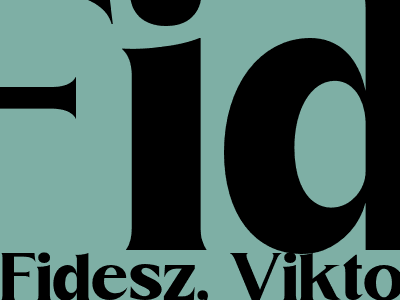
Fidesz: A Comprehensive Guide
Introduction
Fidesz, an acronym for the Alliance of Young Democrats, is a right-wing conservative political party in Hungary. Founded in 1988, Fidesz promotes Christian democratic and national conservative policies, strongly emphasizing Hungarian national identity and traditional values.
Fidesz's History and Ideology
Fidesz emerged in the post-communist era as a youth organization advocating for democratic reforms. Over time, it evolved into a prominent political force under the leadership of Viktor Orbán. Fidesz's ideology is a blend of conservatism, nationalism, and populism, with a strong emphasis on law and order and rejection of liberal values.
Rise to Power and Controversies
Viktor Orbán's Dominance
Viktor Orbán has been a dominant figure in Fidesz since its inception. He served as Prime Minister of Hungary from 1998 to 2002 and again from 2010 to the present. Under Orbán's leadership, Fidesz has exerted significant influence over Hungarian politics and society.
Constitutional Reforms and Media Control
Fidesz has been criticized for its constitutional reforms, which have centralized power and weakened judicial independence. The party has also faced allegations of media control and suppression of dissent, particularly through its control over public broadcasting and the acquisition of independent media outlets.
Domestic Policies and Economic Performance
Social and Family Policies
Fidesz has implemented conservative social and family policies, including restrictions on abortion, support for traditional family structures, and the promotion of Christian values in education. It has also expanded social welfare programs and provided financial assistance to families.
Economic Policies
Fidesz's economic policies have focused on reducing the budget deficit, attracting foreign investment, and promoting economic growth. The party has implemented austerity measures and tax cuts while maintaining significant state intervention in the economy.
Foreign Policy and European Union Relations
Relations with Russia
Fidesz has pursued a close relationship with Russia, despite criticism from the European Union. Hungary has become increasingly reliant on Russian energy imports and has supported Russia's annexation of Crimea and its involvement in the conflict in Eastern Ukraine.
European Union Tensions
Fidesz's authoritarian tendencies and democratic backsliding have strained Hungary's relationship with the European Union. The EU has initiated legal proceedings against Hungary for violating EU principles, including the rule of law and freedom of the press.
Conclusion
Fidesz remains a dominant force in Hungarian politics, despite ongoing controversies and criticism. The party's conservative ideology and its emphasis on national identity have resonated with a significant segment of the Hungarian electorate. However, concerns about democratic erosion, media control, and Hungary's foreign policy choices continue to shape the debate surrounding Fidesz and its impact on Hungarian society.